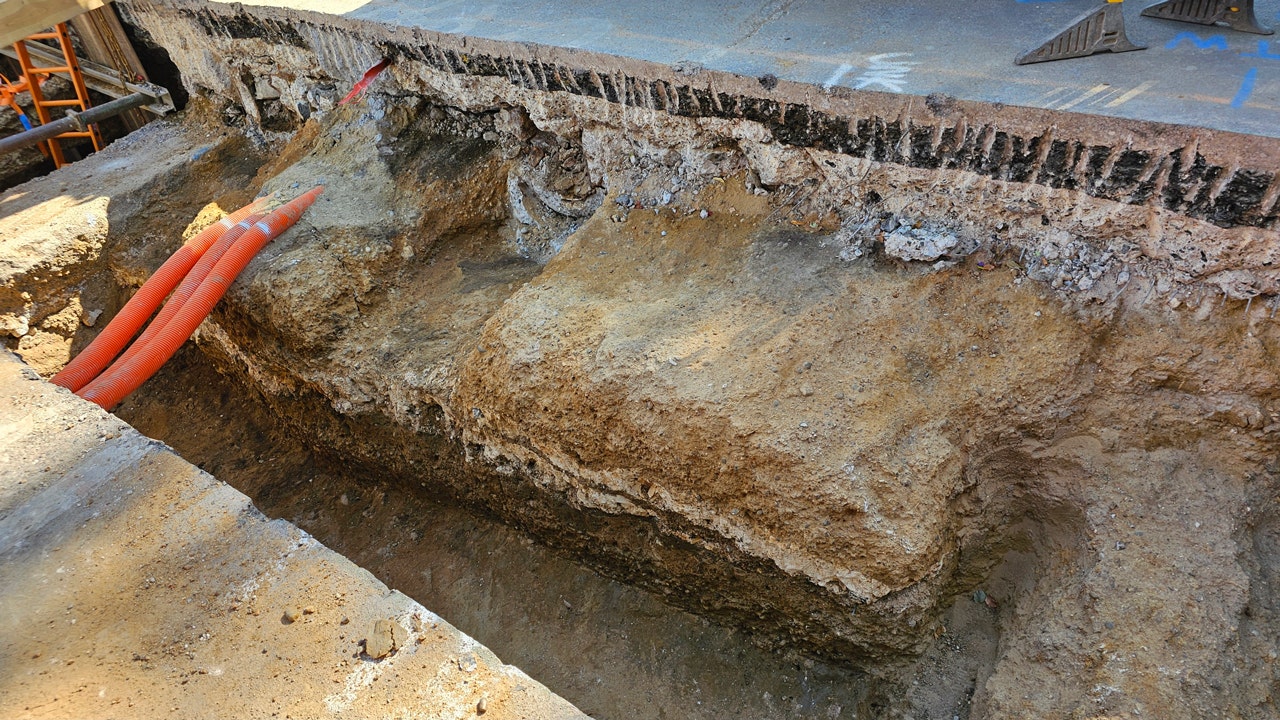“Any ground operation would mean more suffering and death” for the 1.2 million displaced Palestinians sheltering in and around the Strip’s southernmost city, OCHA spokesperson Jens Laerke told journalists in Geneva.
Echoing those concerns, the UN World Health Organization (WHO) said that “Band-Aid” contingency plans have been made in case a full-scale military incursion does indeed happen, but they will not be enough to prevent Gaza’s humanitarian catastrophe from getting worse.
Band-Aid plans
“This contingency plan is Band-Aids. It will absolutely not prevent the expected substantial additional mortality and morbidity caused by a military operation,” said Dr Rik Peeperkorn, WHO Representative in the Occupied Palestinian Territory.
Speaking via videolink from Jerusalem, the WHO medic warned that a military operation would spark a new wave of displacement, more overcrowding, less access to essential food, water and sanitation “and definitely more outbreaks (of disease)”.
“The ailing health system will not be able to withstand the potential scale of devastation that the incursion will cause,” Dr Peeperkorn insisted.
The worsening security situation could also severely impede the movement of food, water, and medical supplies into and across Gaza via the border points, the WHO official noted.
After nearly seven months of heavy Israeli bombardment sparked by Hamas-led terror attacks on southern Israel on 7 October, only 12 out of 36 hospitals in Gaza and 22 of the enclave’s 88 primary health care facilities are “partially functional” today, according to the UN health agency.
Dialysis under threat
These include Najjar Hospital in Rafah which offers dialysis treatment to hundreds of people, explained Dr Ahmed Dahir, WHO team leader in Gaza.
“The health system is barely surviving…if any (Israeli) operation will happen which means the population and patients will not be able to access these hospitals, what is going to happen to these patients; ultimately that would be a catastrophe.”
Despite “a slight improvement” in the availability and diversity of food in Gaza in recent weeks, Dr Peeperkorn rejected any suggestion that the looming threat of acute malnutrition had receded for the enclave’s most vulnerable.
“We will see the effects for years to come,” the WHO official continued, noting that 30 children have now reportedly died because of illnesses linked to malnutrition.
More to come…





